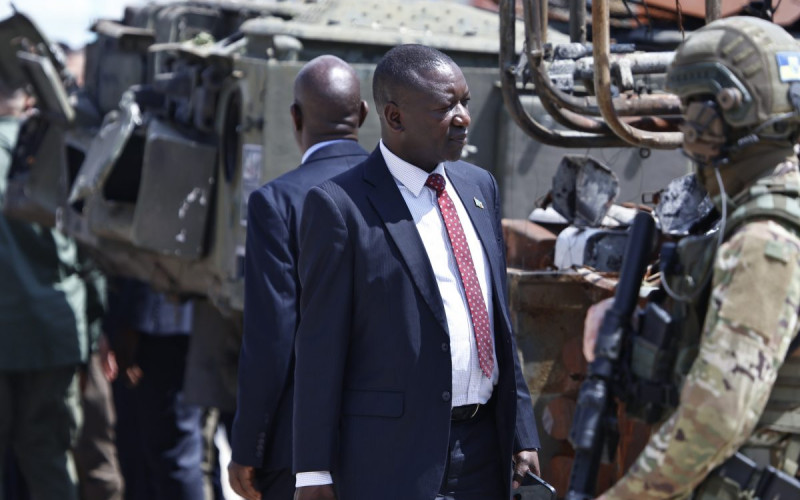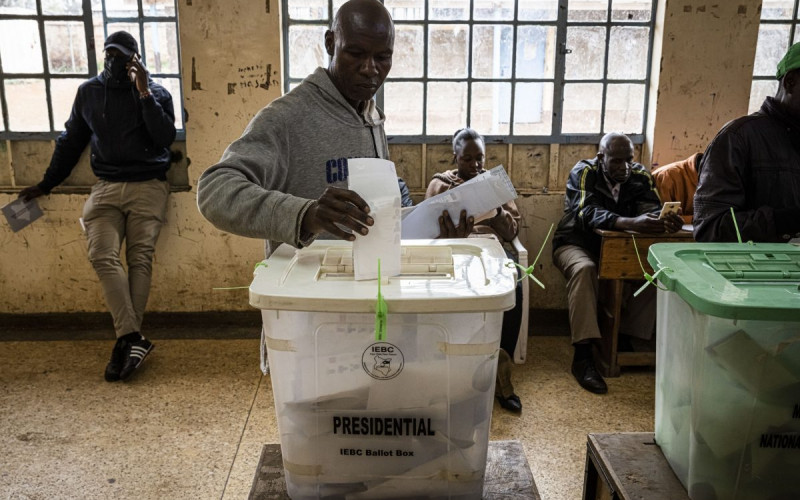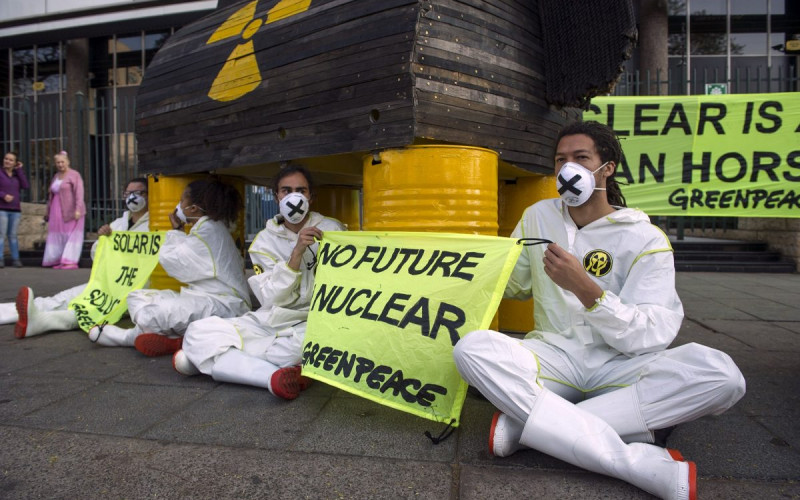The minister has avoided all of the fundamental problems noted in my article, and follows the sad tradition in the government of – as Cosatu put it last week – “personalized debates … and misrepresented facts in order to deliberately ridicule the genuine concerns of others”.
The “innovative” provincial submissions managed by the government were very superficial and – according to records kept by the minister’s office – only two of nine arrived before the deadline given to research institutes to complete their work.
The citizen survey, which she also hails as an innovation, was a disaster. The minister designed the survey before the governing council met for the first time. There was no statistical sample and no capture of demographic information. When we asked for the surveys in an attempt to analyse them, we were criticized by the minister’s staff.
At the public validation meeting the minister made a rousing speech about consultation. It brought tears to the eyes of one member of my project because we had put so much into the effort and at that point the text fairly reflected all views. But after that public validation, the text was thoroughly rewritten. To say the text was preliminary and needed extensive editing is a deception.
The edits were completely one-sided and designed to remove evidence, dissenting voices and minimise issues that reflected poorly on government performance. Extensive discussions of problems were cut down to tiny phrases or allusions. Readers can see an analysis of the edit on www.saiia.org.za.
Now we face a crisis over the Program of Action. The memorandum of understanding guiding the Africa Peer Review Mechanism states that the government must consult on the program of action. A very weak program was presented to the governing council last June on the promise that there would be later consultation once the response from the Panel of Eminent Persons was received. This consultation did not occur, a point which the South African National NGO Coalition, Cosatu and the Council of Churches made in a recent letter to the minister.
The minister says it is “ludicrous” to assert that the government was acting as both player and referee by chairing the governing council. The Africa Peer Review Mechanism guidelines call for the chair to be a non-government official and for the process to be “free of political manipulation”.
The government cannot drive a program under which it is being evaluated.







